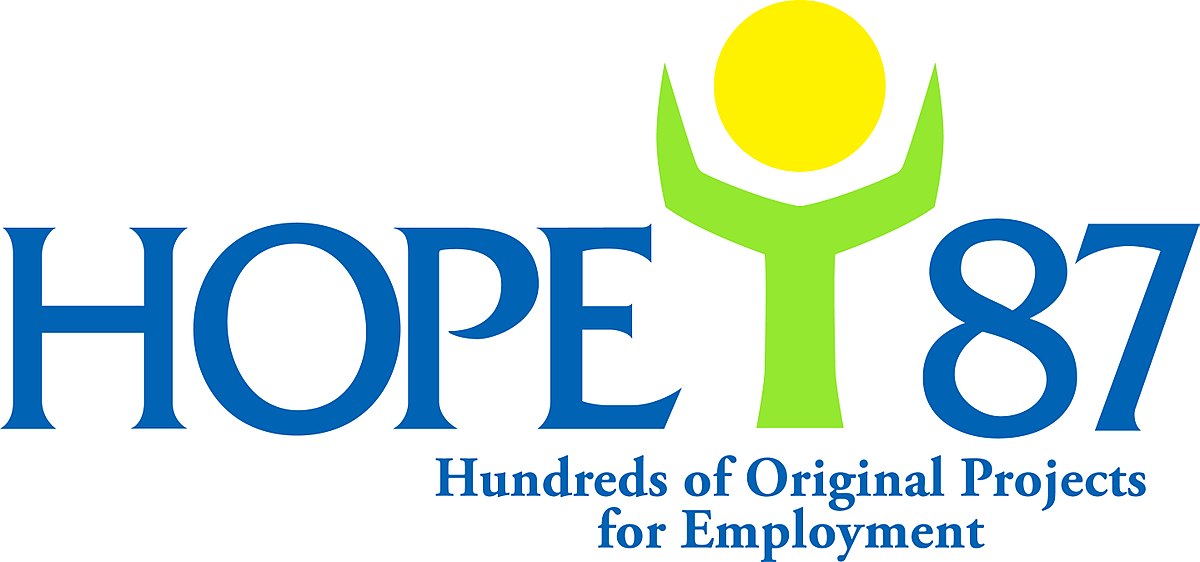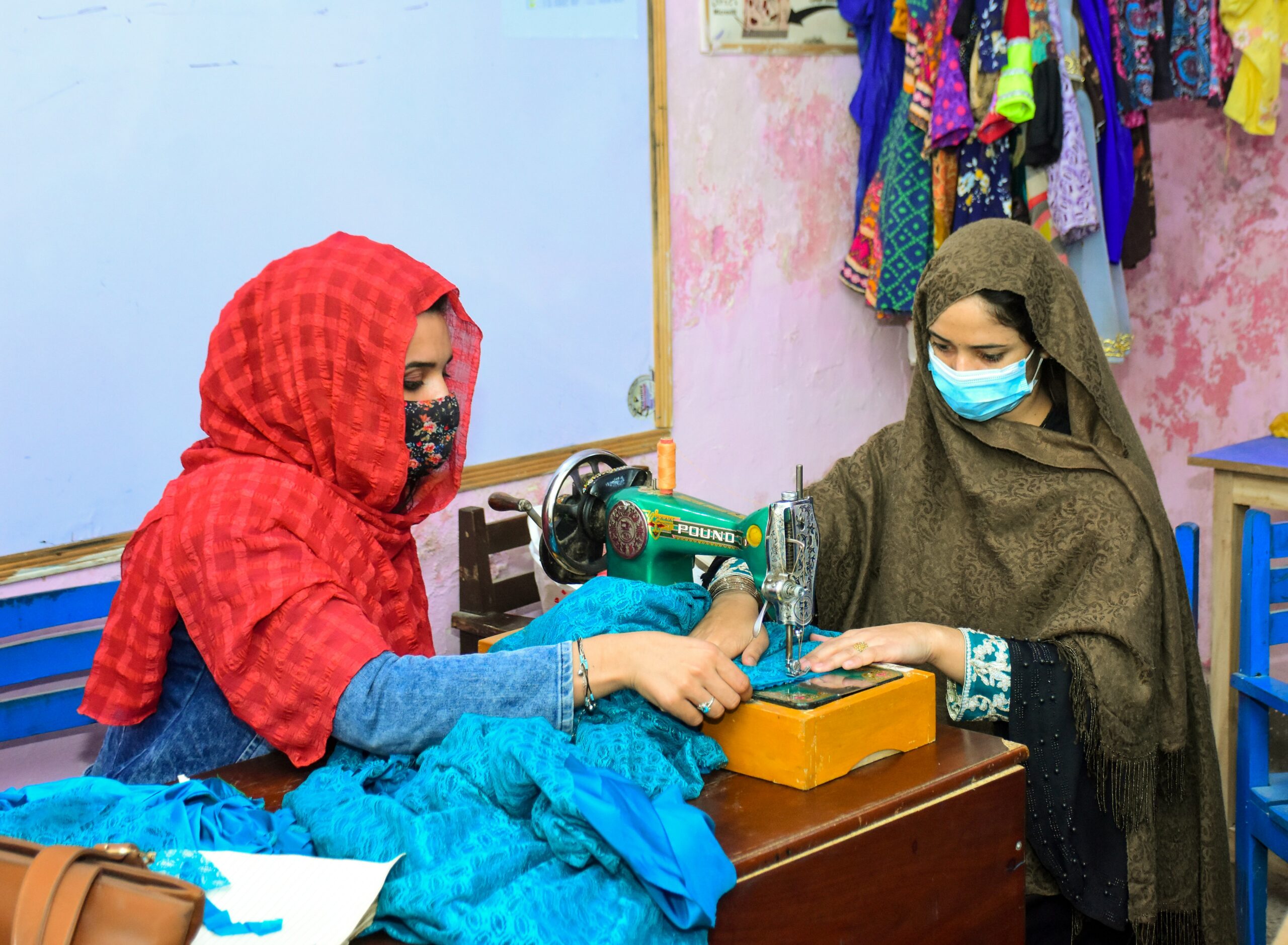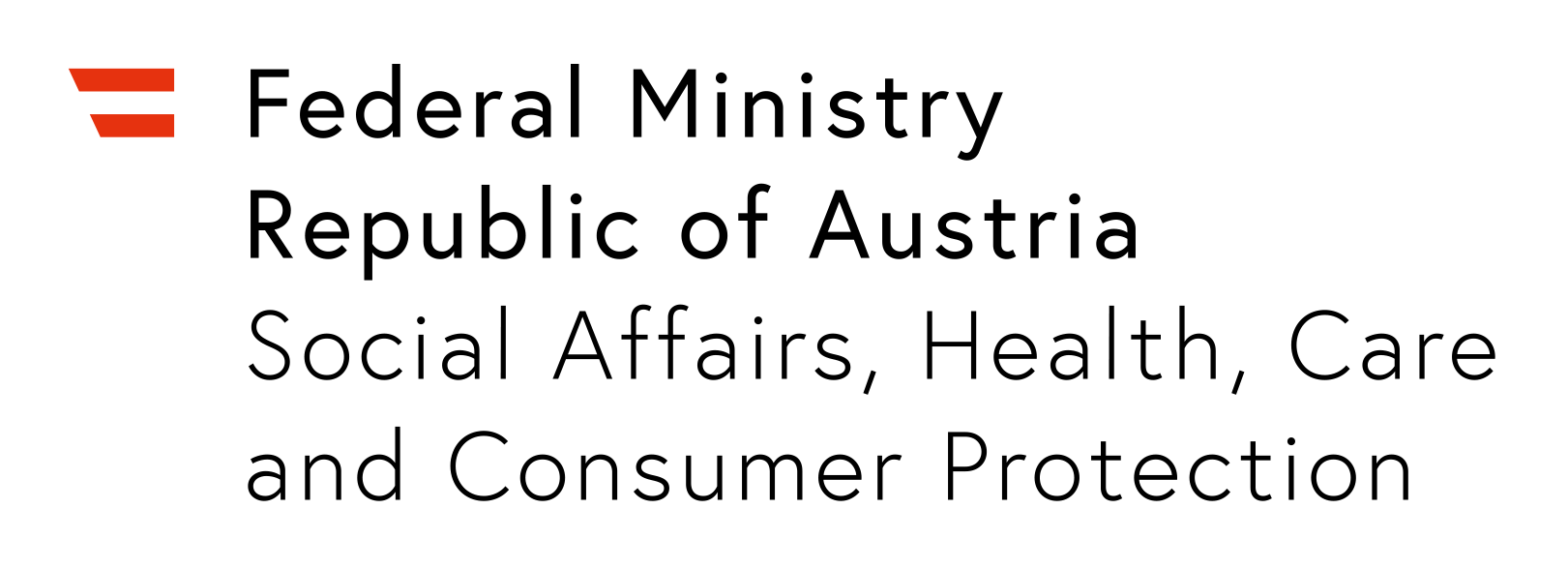To address the socio-economic impact of the COVID-19 pandemic in the Republic of Moldova, Burkina Faso and Pakistan, HOPE’87 and its partner, the Austrian Federal Ministry of Social Affairs, Health, Care and Consumer Protection, initiated the project “Together in the fight against the socio-economic effects of the COVID-19 pandemic in Moldova, Burkina Faso and Pakistan”. The project was launched in July 2021 and is based on combined efforts for the three developing nations that are suffering from the COVID-19 pandemic and its effects. As the socio-economic impact of the COVID-19 pandemic manifests itself in different ways in every country, the necessary interventions were adapted specifically to each region. Whereas in Moldova the action targeted socially disadvantaged family farms engaged in agriculture in rural areas that are particularly affected by the impact of the COVID-19 pandemic, in Burkina Faso the action aimed at enhancing the resilience of 100 neo-small and medium enterprises (SMEs) in Ougadougou. In Pakistan, the aim is to increase the needs-based competencies and skills of young women and men with a focus on Afghan refugees in order to increase income as a measure against the negative effects of the COVID-19 pandemic.
In Burkina Faso, the founders of the identified neo-SMEs in the city of Ouagadougou have been receiving training in the key areas of business management such as the management of economic units, marketing strategies through creation of a commercial website or presence in social networks, effective management of production costs and in the autonomous development of budget plans, business plans and opening of a bank account. Furthermore, the SMEs received training on prevention measures against COVID-19, on risk-management and were introduced to environmental management standards.
In Moldova, socially disadvantaged family farms were supported by the formation of expert teams for the elaboration of training materials, an elaboration of regulations on local poultry farming, berry and fruit growing, relevant hygiene regulations, food control and consumer protection. Furthermore, they were trained in the development of quality control guidelines, the elaboration of a marketing and sales strategy, a design and media communication concept, the elaboration of the technical specifications for the automation of the ordering process of products, the organisation of information events with project participants, trade press and public state bodies as well as the counselling and coaching of the project participants in the above-mentioned areas and provision of working materials.
In Pakistan, 2,000 vulnerable candidates were identified, with whom focus group discussions were conducted in order to develop business plans with the candidates and capacity building to increase self-employment and employment income options. Furthermore, links and networks between micro and small enterprises, training institutions and youth groups have been established through support for inclusion, job placement and workspace facilitation, and a mentoring and monitoring system has been designed.
Through these actions, the project has been directly addressing the social consequences of the COVID-19 pandemic in all three countries through improved education and training opportunities, capacity building and networking and indirectly also contributed to the protection against gender-based violence and the prevention of violence by reducing some of the root causes such as unemployment and lack of prospects.
Project Type
Business and other services
Project Duration
Moldova & Burkina Faso: 01/07/2021 to 30/06/2023; Pakistan: 01/12/2021 to 31/05/2024
Status
Completed
Country
Burkina Faso / Moldova / Pakistan
Region
Moldova: Countrywide; Burkina Faso: Région du Centre, Province of Kadiogo, District of Ouagadougou; Pakistan: District Peshawar, Province of Khyber Pakhtunkhwa
Donor(s)
Austrian Federal Ministry for Social Affairs, Health, Care and Consumer Protection, HOPE'87


